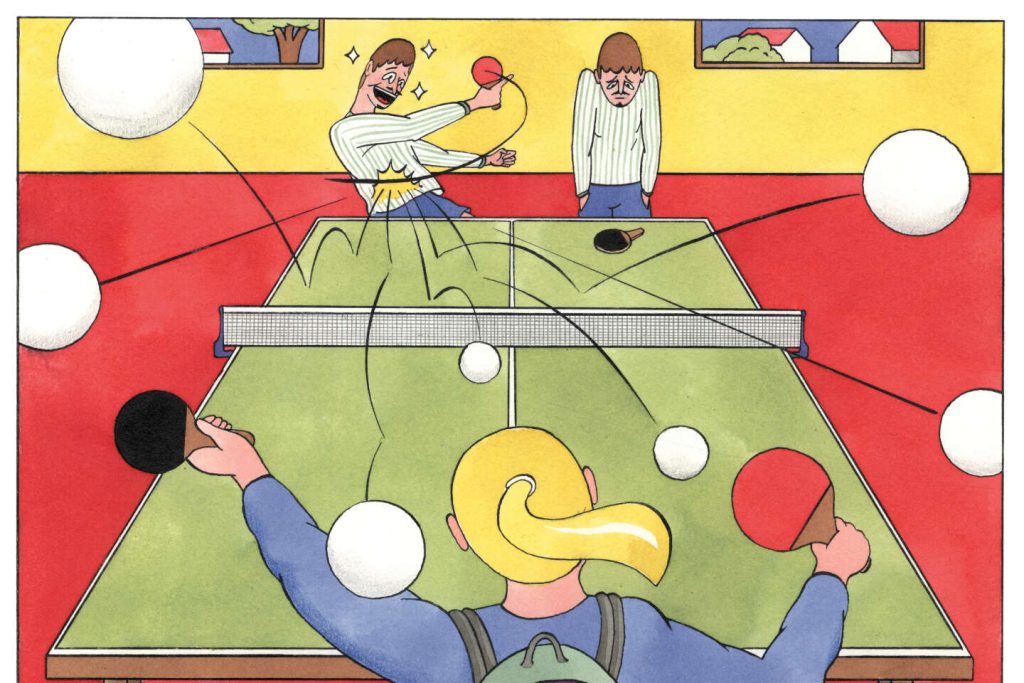Living with a parent who suffers from bipolar disorder can be a constant challenge for children. They have to navigate through phases of euphoria and severe depression, always adapting to the mood swings of their parent. In some cases, they may even find themselves taking on the role of caregiver, providing support and stability when their parent is unable to do so. This can have lasting effects on the children as they grow into adulthood.
Children of parents with bipolar disorder often find themselves in a position where they have to be attuned to their parent’s emotions and adjust their own behavior accordingly. This can be emotionally taxing and overwhelming for a child, who may struggle to understand and cope with the unpredictable nature of their parent’s mental health. In some cases, children may feel responsible for their parent’s well-being and may take on more responsibilities than they should at a young age.
The role reversal that can occur when a child becomes a caregiver for their parent with bipolar disorder can have long-term effects on their mental health and well-being. Children may experience feelings of guilt, anxiety, and stress as they navigate the complexities of their parent’s illness. They may also struggle with their own identity and sense of self, as they try to balance their own needs with the needs of their parent.
As children of parents with bipolar disorder grow into adults, they may carry the emotional burden of their childhood experiences with them. They may struggle with issues related to trust, communication, and relationships, as they try to navigate the challenges that come with having a parent with a mental illness. This can impact their ability to form healthy connections with others and may lead to difficulties in managing their own mental health.
It is important for children of parents with bipolar disorder to seek support and resources to help them navigate the complexities of their upbringing. Therapy, support groups, and education about bipolar disorder can help children understand their parent’s illness and develop coping mechanisms to manage their own emotions and well-being. By taking care of themselves and seeking help when needed, children of parents with bipolar disorder can break the cycle of emotional burden and create a healthier future for themselves.
In conclusion, growing up with a parent who suffers from bipolar disorder can present unique challenges for children. They may find themselves in the role of caregiver, constantly adapting to their parent’s mood swings and struggling to cope with the emotional toll of their parent’s illness. However, with the right support and resources, children of parents with bipolar disorder can learn to navigate the complexities of their upbringing and lead fulfilling and healthy lives as adults.


